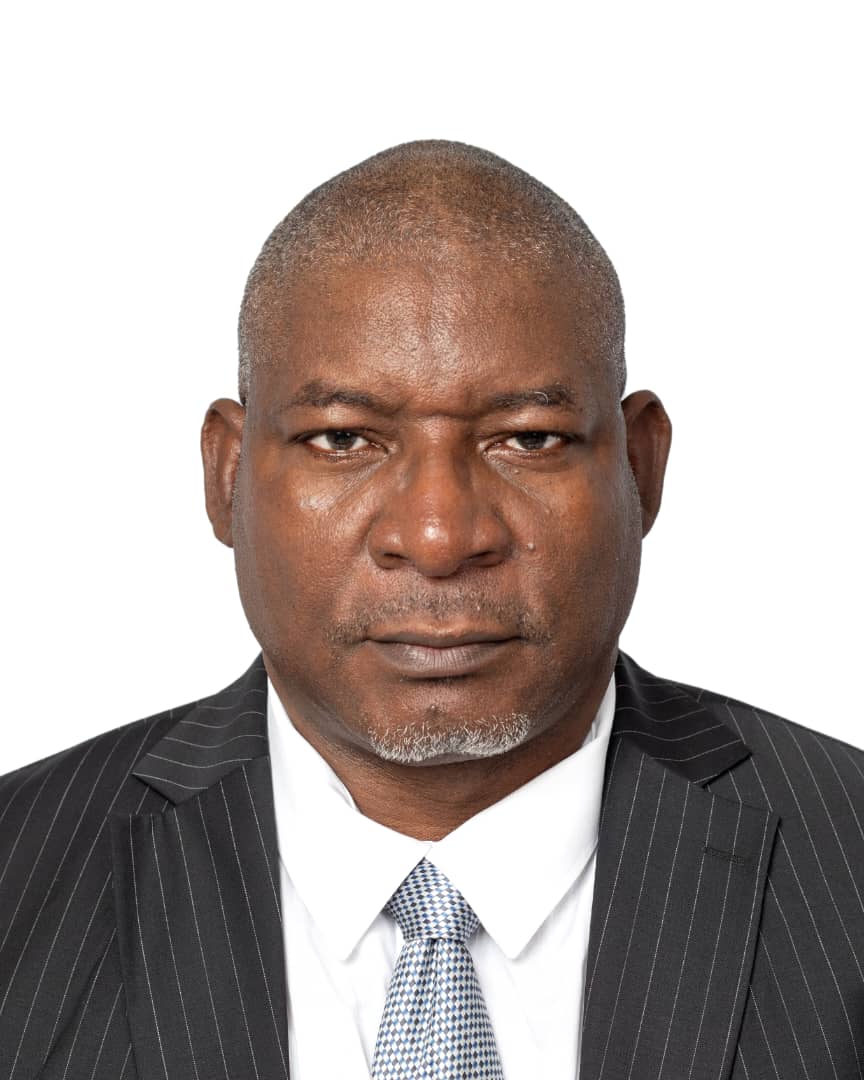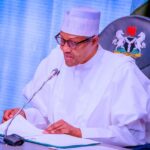The appointment of Mr. Shaakaa Chira, as the new Auditor-General of the Federation (AuGF) last week has brought to an end the year-long vacuum at the important agency of government after the retirement of Mr. Aghughu Adolphus in September 2022. The disagreement over who was the most senior director to assume the role of AuGF delayed the appointment of a substantive Auditor-General, as diverse definitions and yardsticks for measuring seniority in the agency emerged until the Federal Civil Service Commission conducted a screening exercise among the most qualified directors and recommended Mr Chira to President Bola Ahmed Tinubu.
As a result of the delay in the appointment of the AuGF, audited accounts of the Federation for years 2020, 2021, and 2022 were not acted upon because they were not authorised for release to the Public Accounts Committees (PACs) of the National Assembly. Last week, when the committees raised issues over several financial infractions they observed in the management of public finance in the country, the Accountant-General of the Federation, Mrs Oluwatoyin Sakirat Madein, reportedly attributed the lapses to the absence of a substantive Auditor-General of the Federation.
The Constitution of the Federal Republic of Nigeria makes it clear and situates the roles of the AuGF in ensuring accountability in the management of the country’s resources. Section 85(2) provides that, “The Public Accounts of the Federation and of all Offices and Courts of the Federation shall be audited and reported on by the Auditor-General, who shall submit his report to the National Assembly; and for that purpose, the Auditor-General or any person authorised by him in that regard shall have access to all the books, records, returns and other documents relating to those accounts”. Also, Section 85(4) of the Constitution stipulates that “The Auditor-General shall have power to conduct periodic checks on all government statutory corporations, commissions, authorities, and agencies, including all persons and bodies established by an Act of the National Assembly”. Furthermore, Section 301 gives the Auditor-General for the Federation the power to audit the accounts of Area Councils in the Federal Capital Territory, while Section 85(6) emphasises the AuGF’s independence, stating that “In the exercise of his function under the Constitution, the Auditor-General shall not be subject to the direction or control of any other authority or person.”
In essence, the AuGF plays a crucial role in exposing waste and mismanagement of taxpayers’ money and earnings from the country’s natural resources. The office is a vital tool for the activities of the Public Accounts Committees of the National Assembly in exercising their oversight control over the public sector in Nigeria. Previous Auditors General of the Federation who carried out performance audits conscientiously and shunned influences from the Executive arm of government exposed the lack of accountability, efficiency, effectiveness, and economy in the application of resources allocated to various sectors. Though the PACs of previous NASS, failed to call the relevant government agencies to account, those reports revealed the huge, yawning gap in transparency and accountability in the country’s public sector.
As Mr Chira assumes office as AuGF, we call on the PAC of both the House of Representatives and Senate to give him the support needed for him to do his job with independence and confidence, without much interference from the Executive. One of the recommendations by the Ninth National Assembly to achieve this objective was for the passage of a law setting up the Public Audit Service Commission, which should elevate the agency from operating from the armpit of the Minister of Finance to a more autonomous commission. As long as the AuGF performs his job in an atmosphere of overbearing political influence from the Executive, a pitfall prevalent in our states, the PACs will not have access to the true position of the management of the country’s finances.
Constant auditing of the finances of government, and constant publishing of audited reports, no matter how imperfect, help build confidence in Nigerian citizens that government is accountable. If anything, it is important for the Executive to encourage the AuGF’s independence to achieve this objective. An effective AuGF will, through his reports, provide bases for the Independent Corrupt Practices and Other Related Offences Commission (ICPC) and the Economic and Financial Crimes Commission (EFCC) to carry out investigations and prosecution of fraudulent government officials. But this does not seem to be happening. If the Tinubu administration takes the fight against corruption seriously, it must encourage a measure of synergy between the AuGF, the anti-graft agencies, and the PACs of the National Assembly. It may also be important to help build the capacity of the staff of the agency in modern approaches to performance audit, to enable them to effectively audit the Ministries, Departments and Agencies (MDAs) and parastatals in Nigeria. This is a job that must be done.

 Join Daily Trust WhatsApp Community For Quick Access To News and Happenings Around You.
Join Daily Trust WhatsApp Community For Quick Access To News and Happenings Around You.


